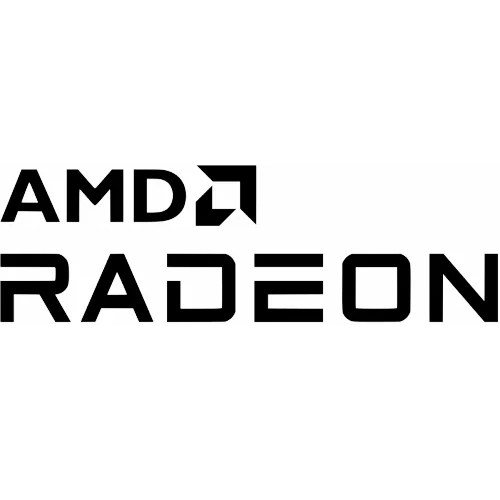AMDGPU TMZ + HDCP Should Allow Widevine DRM To Behave Nicely With AMD Linux Systems

AMDGPU TMZ prevents unauthorized applications from accessing the encrypted/trusted memory of an application. TMZ protects both reads and writes while leveraging an AES cipher. But while discrete Radeon GPUs can also support TMZ, for now the AMD Linux developers have just been focused on the capability for their APU platforms.
The slide deck and presentation go over the AMDGPU TMZ capabilities in nice technical detail for those interested.
But for end-users the main takeaway is that while there are many possible uses for TMZ, one of the prominent use-cases is for Widevine digital rights management as needed for playing a lot of protected content on the web. AMDGPU TMZ paired with HDCP that is also supported by AMD APU platforms on Linux is enough to satisfy Widevine DRM.
While not part of the talk, as I've stated before, AMD's emphasis on getting TMZ and HDCP support for the AMDGPU DRM driver does appear at least motivated in part of getting AMD Chromebooks to market. While not all Linux users are interested in Widevine DRM or playing back protected content, this functionality is critical for a number of consumer device design requirements such as around Chromebooks.
41 Comments

